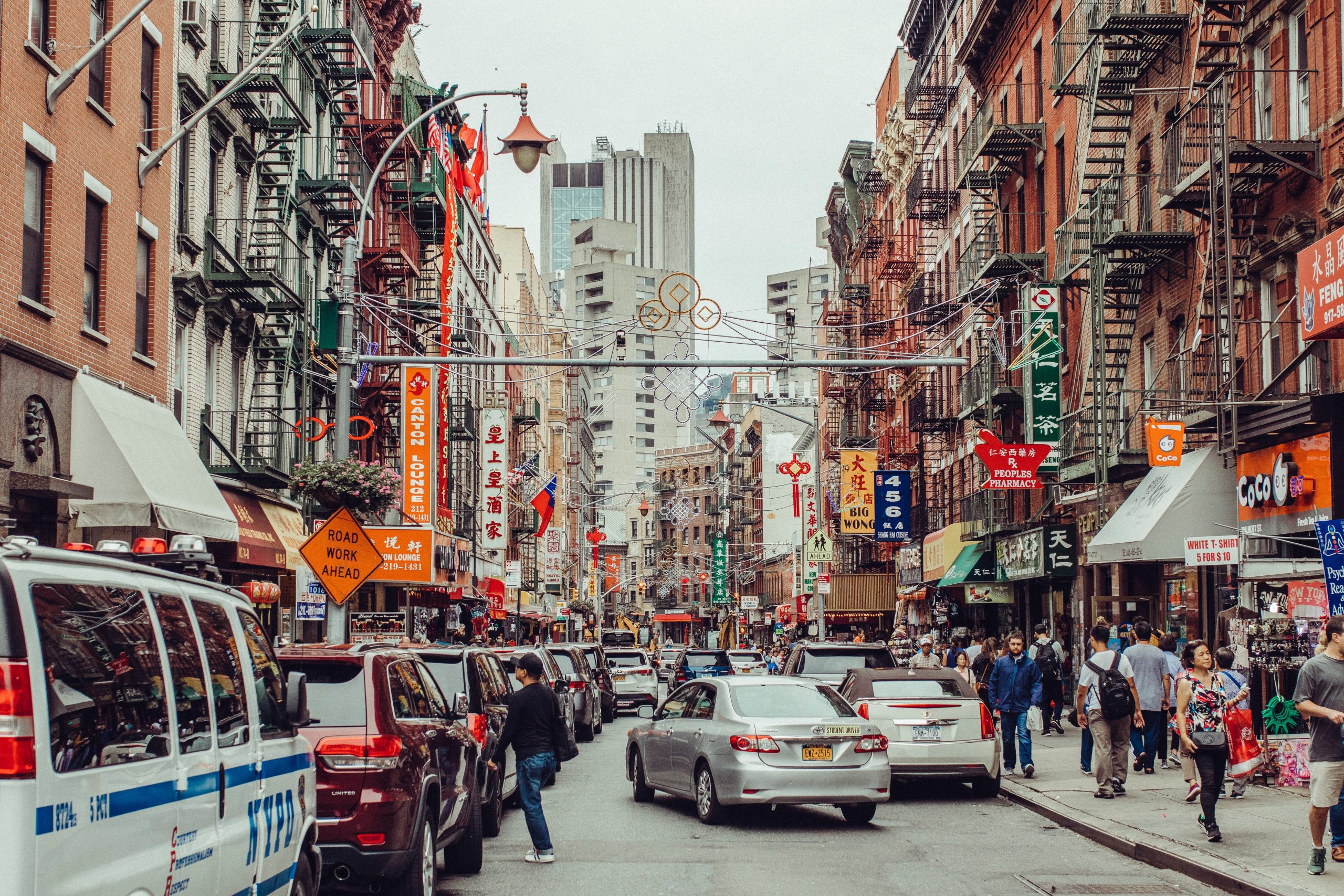The arrival of the pandemic meant a new wave of racism, directed mostly toward the Asian American and Pacific Islander (AAPI) community. Violence was directed most acutely at older AAPI individuals, and soon videos of attacks began to circulate the internet, spurring the #protectourelders campaign. Soon, the violence increased. In 2020 alone, there were 4,548 incident reports of hate crimes against the AAPI community, beginning in March. In 2021, according to the Center for the Study of Hate and Extremism, New York City alone saw more than a double increase of hate crimes, at 223%. It was the most abrupt increase in any city across the U.S. Not only was the AAPI community targeted at large, but women specifically. According to data gathered by Stop AAPI Hate, 68% of reported hate crimes are committed against Asian women.
Recently, the most shocking attacks in NYC were against Michelle Go and Christina Yuna Lee. Go was pushed onto the tracks of an oncoming R train on a Saturday morning by a homeless man. In a similar scenario, Lee was followed into her apartment building and then into her apartment, where a homeless man barricaded the door from the police. He proceeded to stab her and she was later found by police dead in her bathtub from more than 40 stab wounds. Although neither attack has been classified as a hate crime, there is no doubt that the AAPI community in New York is shaken.
Perhaps the scariest thing is not the violence or the fear of an attack — rather, it’s the blind eye that is often turned to AAPI issues. Although legislation and promises have been made by politicians and officials, there is still little tangible change that has been made. The AAPI community is therefore forced to rally alone, with not only new acts of violence every day but old struggles that stem from the pandemic. Listed below are resources and places to donate that benefit the AAPI community and other similar organizations. Not only that but there are a couple of restaurants and pieces of literature if you’re looking to eat and read in support of the community.
Where To Donate
Heart of Dinner
Heart of Dinner is an organization dedicated to sending meals to Asian elders from local Asian NYC restaurants. They advertise to customers telling them, “Help us support the po po’s and gong gong’s with culturally thoughtful food packages, all sourced, cooked, and hand-delivered by volunteers.” Packages are accompanied by fresh fruit, and are “lovingly paired with a handwritten and illustrated letter in their native language to bring warmth and comfort.”
Asian Americans For Equality
AAFE focuses on four pillars: community service, community development, financial empowerment, and engagement and advocacy. Donations are put toward protecting tenant rights amid eviction; providing food, clothing and financial assistance to vulnerable community members; protecting our seniors and youth; sustaining immigrant small businesses; and advocating for equitable policies and government resources for underserved communities.
Send Chinatown Love
This organization donates 100% of its proceeds to cash-only, Asian-owned small businesses. These businesses have been heavily impacted by COVID-19, as well as the violence and racism that followed. SCL also has business development services, where businesses can partner with pro-bono consultants who provide personalized solutions, as well as a meal gifting option for Asian-owned restaurants.
Womankind
Originally founded as the New York Asian Women’s Centre, Womankind focuses on services for survivors of domestic violence, human trafficking and sexual violence. The organization provides women with “refuge, recovery and renewal,” which can include anything from shelter to counseling, legal services and more.
Coalition for Asian American Children and Families
The Coalition for Asian American Children and Families (CACF) is the country’s only “pan-Asian children and families” advocacy organization. The goal is to “bring together community-based organizations as well as youth and community allies to fight for equality for Asian Pacific Americans (APAs).” Its focus is on policy/advocacy, leadership development within the AAPI community and strengthening its ability to better help the community within the city.
Christina Yuna Lee GoFundMe
A memorial fund set up in Christina Lee’s memory, the fund is allocated not only toward the family but to organizations that Lee was passionately involved in. Organizations include Womankind, Planned Parenthood and Safewalks.
Where To Eat
NYC is home to an abundance of Asian restaurants, and there’s no doubt that there’s something for everyone. Below are restaurants from everywhere from Brooklyn to Jackson Heights.
Jackson Heights
Included in The Infatuation’s list of the best places to eat in Jackson Heights are several Asian gems. This includes Phayul, a Tibetan restaurant, where they recommend the “steamed or fried momos, then the beef and radish soup filled with floating peppercorns.”
Chinatown
Shanghai 21 and Noodle Village, both located on Mott Street in Chinatown, have ravingly positive reviews. Family-owned businesses, they collectively have over 3,000 reviews on Google, averaging 4.4 stars. Shanghai 21 is no-frills, and offers diners “a big menu of beyond-the-basics Chinese dishes including soup dumplings.” Noodle Village is a popular lunch spot, serving Cantonese noodle dishes, soup dumplings and congee.
Brooklyn
Lagman House, which has been written about by The New York Times, is a favorite in Brooklyn. The family-owned restaurant is famous for its hand-pulled noodles. It is likely the first restaurant in New York to specialize in Dungan cuisine or the cuisine of Chinese Muslims.
What To Read
To read is to acknowledge. Below are literature recommendations.
“Crying in H Mart”
“Crying in Hmart” by Michelle Zauner is a classic in the AAPI community. The memoir follows Zauner’s experience growing up Korean American, as well as her complex relationship with her mother, and then how she coped with losing her.
“Minor Feelings: An Asian American Reckoning”
Cathy Park Hong, the daughter of Korean immigrants, uses her personal experiences growing up as a lens to view Asian American identity. Her less-than-positive feelings about her identity lead her to describe “minor feelings,” which occur when “American optimism contradicts your reality—when you believe the lies you’re told about your own racial identity.”
“Interior Chinatown”
“Westworld” writer Charles Yu combines screenwriting and novel writing into his book “Interior Chinatown.” The novel explores the racial binary of Hollywood, black and white, and how Asians are often left as background, nameless and often wordless characters. Of course, Yu’s setting has larger implications for how the world is constructed, and the story is simultaneously playful while recognizing a harsh reality.
“The Joy Luck Club”
An enduring classic and favorite, the last recommendation is “The Joy Luck Club” by Amy Tan. Written about the complex relationships between Chinese immigrant mothers and their decidedly American daughters, “The Joy Luck Club” explores the unique, maternal relationship that Chinese daughters experience. Easily and authentically, Tan examines the often-bittersweet connection.

















